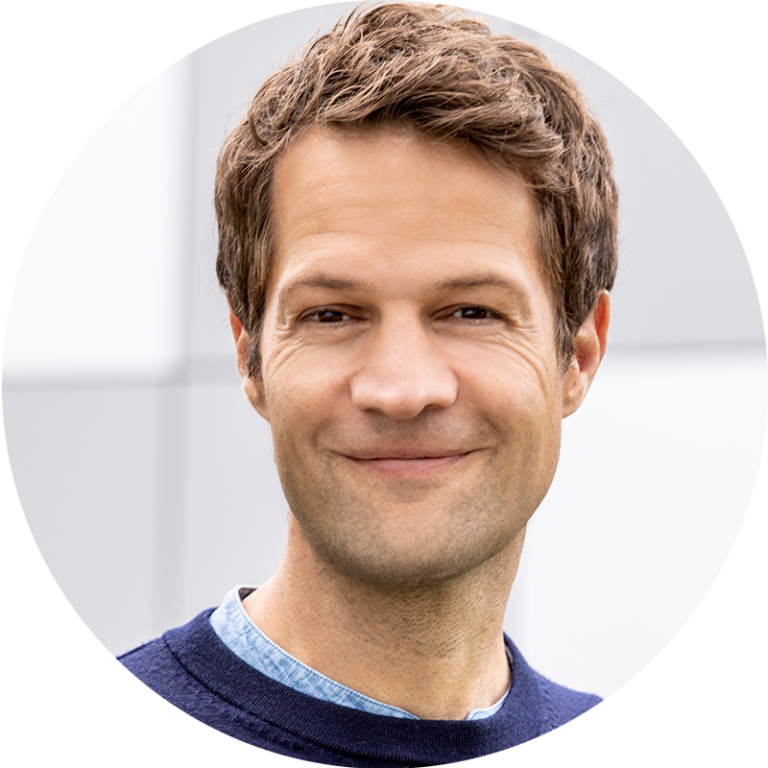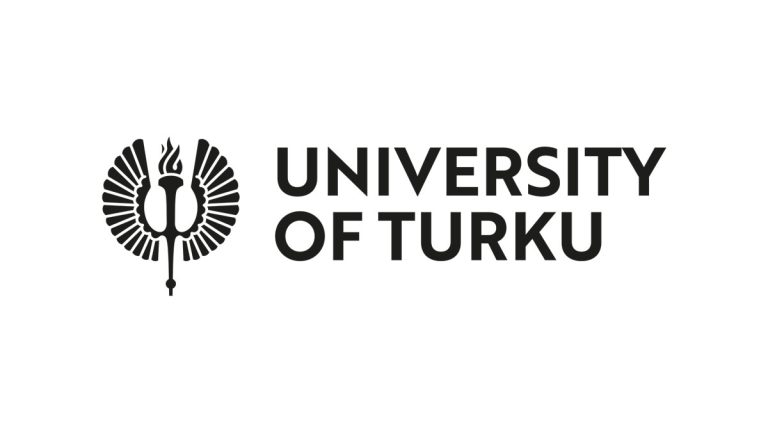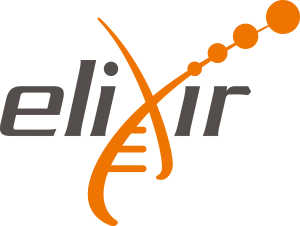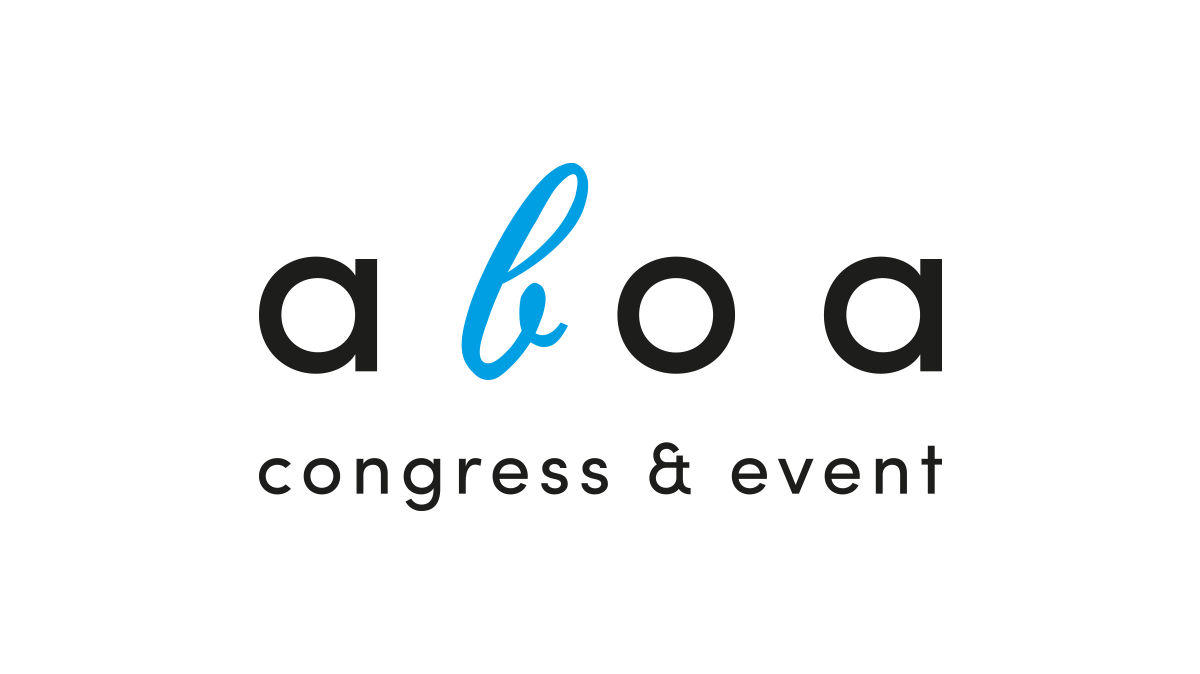Call for highlight talks and posters now open for ECCB2024
ECCB2024 is one of the premier conferences in Bioinformatics and Computational Biology in Europe this year, bringing together some 600-800 researchers and experts. You’re warmly welcome to the historic city of Turku, Finland, on 16-20 September 2024.
Don’t miss the opportunity to present your recent research at ECCB2024! We are currently accepting abstracts for highlight talks and research posters. Submit your abstract by 23 April!
Registration for the conference is already open, with early-bird discounts available until 1 July.
Stay tuned for updates on workshops and tutorials – they will be announced and open for registration shortly!
Meet the keynote speakers
We’re excited to welcome Professor Fabian Theis, Director of the Computational Health Center, Institute of Computational Biology ICB as a keynote speaker at ECCB2024. We asked Prof. Theis a few questions on the upcoming keynote – enjoy the read!

Fabian Theis
Keynote title: Generative AI for modeling single-cell responses
Can you provide a brief overview of your keynote at ECCB2024?
“Advances in single cell genomics nowadays allow the large-scale construction of organ atlases. These can be used to study perturbations such as signaling, drugs or diseases, with large-scale access to state changes on the multi-omic and spatial level. This provides an ideal application area for machine learning methods to understand cellular response. After reviewing deep generative representation learning approaches to identify the gene expression manifold, I will shortly outline some applications on cell atlas building. Then, I will discuss interpretable modeling of perturbations on this manifold, in particular effect of drug responses. I will finish with an outlook towards foundation models and their potential impact in spatial omics for modeling the cellular niche. Attendees can expect to learn about state-of-the-art approaches in single cell genomics analysis and perturbation modeling.”
What inspired you to choose this topic?
“With generative AI revolutionizing many fields of science by allowing researchers to explore uncharted territories, generate novel hypotheses, and simulate complex phenomena, I ask how it has been enabling modeling single cell variation, potentially towards a single cell foundation model. Moreover, the question of using such organ atlases or even downstream foundation models is exciting, moving from data resource to model-based interaction with the data.”
How will your keynote contribute to the broader discussions in the field?
“I think there is a lot of excitement about creating foundation models across various omics and other data layers. Besides the specific application, a general take-home could be how to curate data, build a model and find exciting downstream applications for your particular domain. Also, evaluation is crucial: Current single cell foundation models struggle at outperforming specialized methods for specific fine-tuning tasks such as cell type prediction, integration or perturbation prediction. With the introduction of a series of spatial fine-tuning challenges, we demonstrate the actual need of the improved model capacity of the underlying transformers.”
What kind of memories do you have from previous editions of ECCB conference?
“I still remember talking at a workshop at an ECCB quite some years ago, talking about the budding field of single cell analysis. I then joined the main program and listened to Dana Pe’ers award talk – she got the Overton award that year, I think. To that date, I didn’t know Dana personally but of course her work, which I liked a lot already then. However, I was absolutely blown away by her talk then, stretching excitingly from her early work on cytof (protein) single cell data to single cell genomics and computational modeling thereof, striking an impressive balance between innovative computation and impactful applications. I’m happy to say that we since then have become long-standing collaborators and friends – this is what good conferences can help with!”
Get to know the organizers: University of Turku
University of Turku and CSC – IT Center for Science are collaborating as organizers of ECCB2024. Together, the Finnish organizers have unique experience in bioinformatics research and data services.

University of Turku (UTU) is located in the southwest of Finland on the Baltic Sea coast. UTU is a vibrant, equitable and diverse academic community of 25,000 students and staff from different countries. The university is part of the strong health and life sciences cluster of expertise in Turku. The cluster spans academia, healthcare and business, providing an excellent framework for multidisciplinary research and innovation.
ECCB2024 is led by Professor of Computational Medicine Laura Elo. Her multidisciplinary research team develops statistical and machine learning methods and computational software tools to transform data into biological and medical understanding, with a focus on large-scale molecular profiling and other digital health data. The Medical Bioinformatics Centre led by Professor Elo is part of Turku Bioscience, a joint research institute of the University of Turku and Åbo Akademi University, equipped with state-of-the-art technology platforms and advanced core facilities.
Interested in sponsoring or exhibiting at ECCB2024?
ECCB2024 strives to bridge global breakthroughs in computational biology with those in applied technologies, infrastructures and services.
The conference theme is Data and Algorithms for Health and Science. We are expecting 600-800 global experts in bioinformatics, computing, health data, and technology.
Join as an exhibitor/sponsor to present your products or services to an international audience of scientists, policymakers, and other stakeholders!
Follow ECCB2024 channels and get in touch for more information
If you have questions regarding scientific programme, please contact: eccb2024@utu.fi.
Questions regarding registration or practical details of the conference, please contact: aboaevents@certia.fi.






